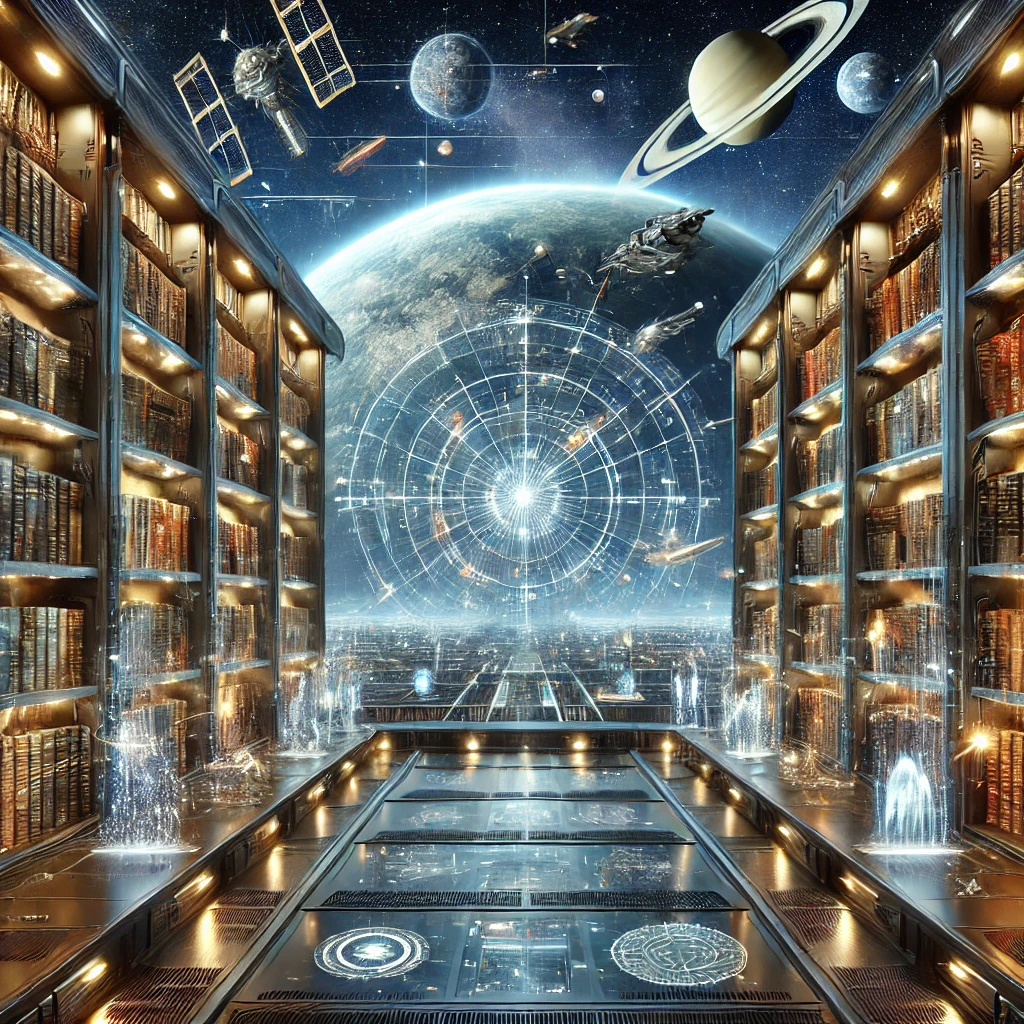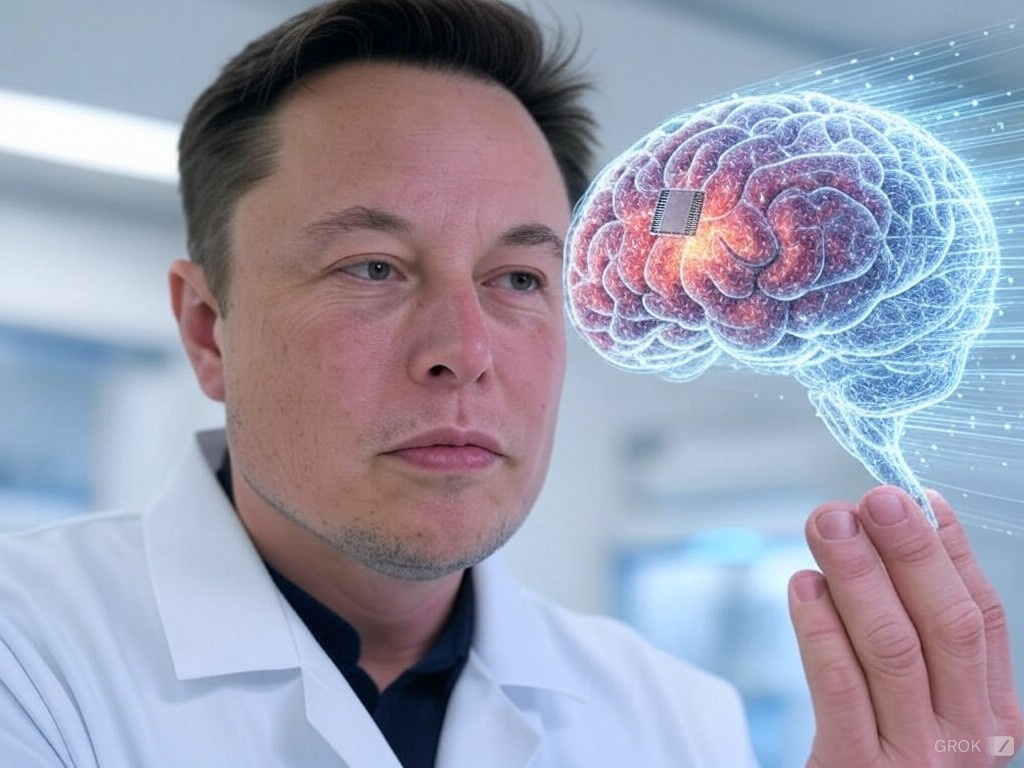Science fiction has always pushed the boundaries of human imagination, blending speculative technology with deep explorations of society, identity, and the universe. Whether you’re new to the genre or a seasoned fan, here are ten of the best science fiction books recommended by passionate readers.
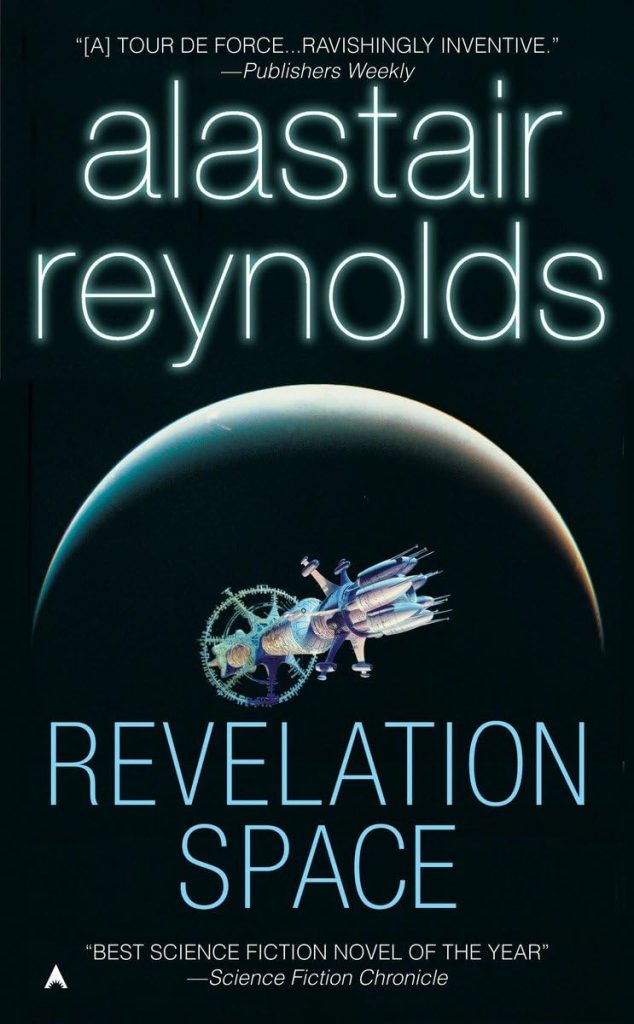
1. Revelation Space Series by Alastair Reynolds
The Revelation Space series by Alastair Reynolds offers a masterful take on space exploration, featuring no faster-than-light travel. In Reynolds’ universe, human civilization spreads across the stars using sublight ships, leading to journeys that span centuries or even millennia. His scientific rigor, stemming from his background in space research, is evident throughout the series. A top pick for fans of hard science fiction, the Revelation Space trilogy is challenging but rewarding, especially for readers who appreciate deep world-building and realistic technology. If you’re new to Reynolds, Pushing Ice or House of Suns are also excellent starting points.
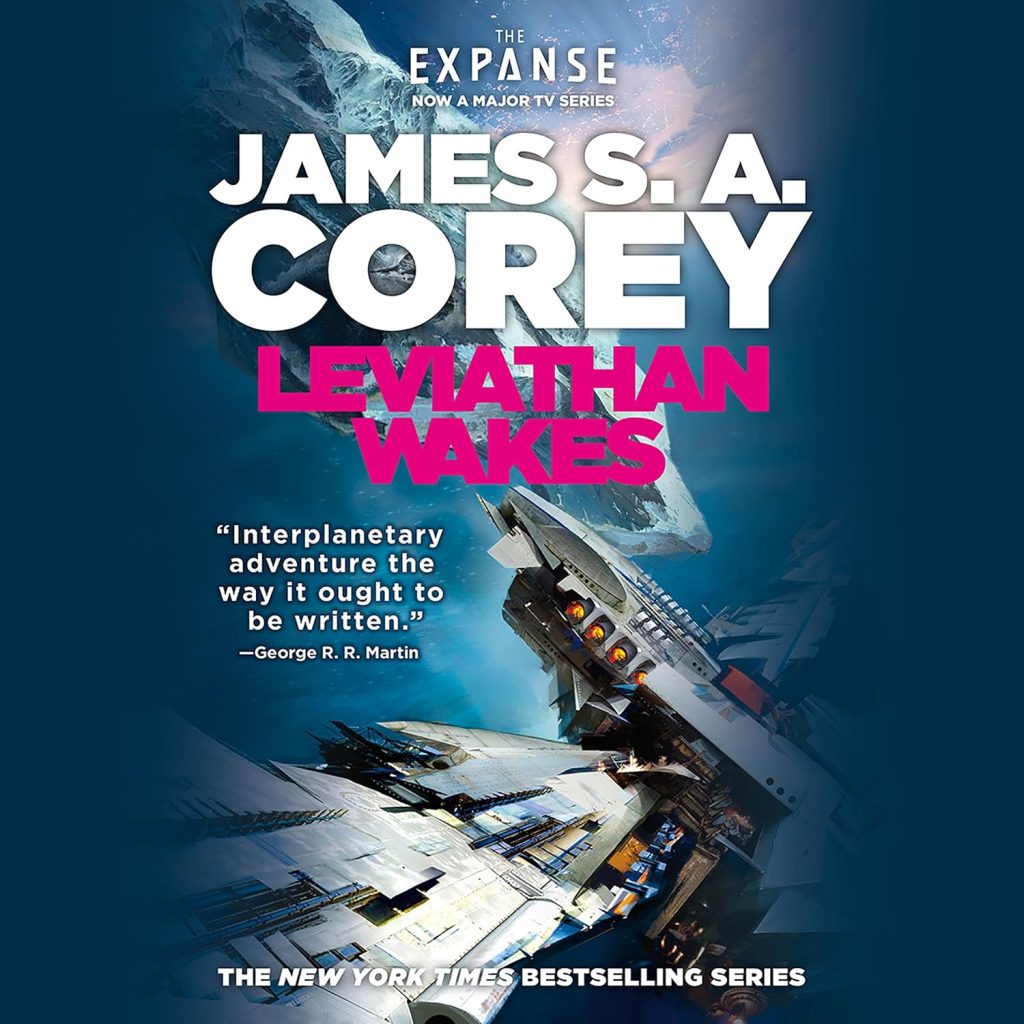
2. The Expanse Series by James S.A. Corey
The Expanse series, beginning with Leviathan Wakes, offers a thrilling, realistic look at humanity’s future. Set a couple of hundred years from now, the series is grounded in believable science and politics, focusing on the sociopolitical dynamics of colonization across the solar system. The series is praised for its grey morality, intricate plotting, and fleshed-out characters. For many readers, the later books in the series, which skillfully wrap up long-running storylines, provide one of the most satisfying conclusions in science fiction.
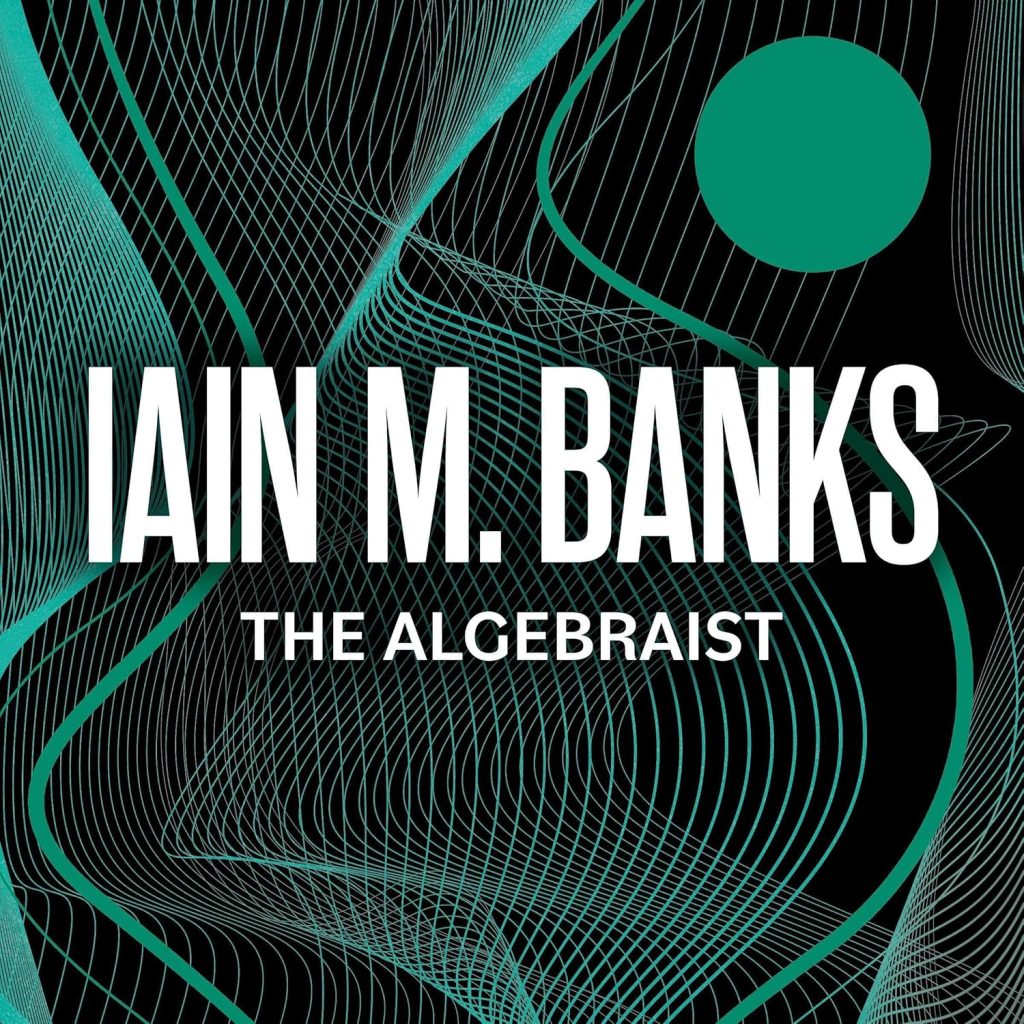
3. The Culture Series by Iain M. Banks
Iain M. Banks’ Culture series presents a utopian, post-scarcity society overseen by benevolent AI Minds. The series tackles philosophical and ethical questions about identity, freedom, and the nature of existence. Books like The Algebraist, Excession, and Use of Weapons are standout entries in this sprawling, complex universe. Banks is lauded for his ability to blend high-concept ideas with action-packed plots, making The Culture one of the most imaginative and thought-provoking series in the genre.
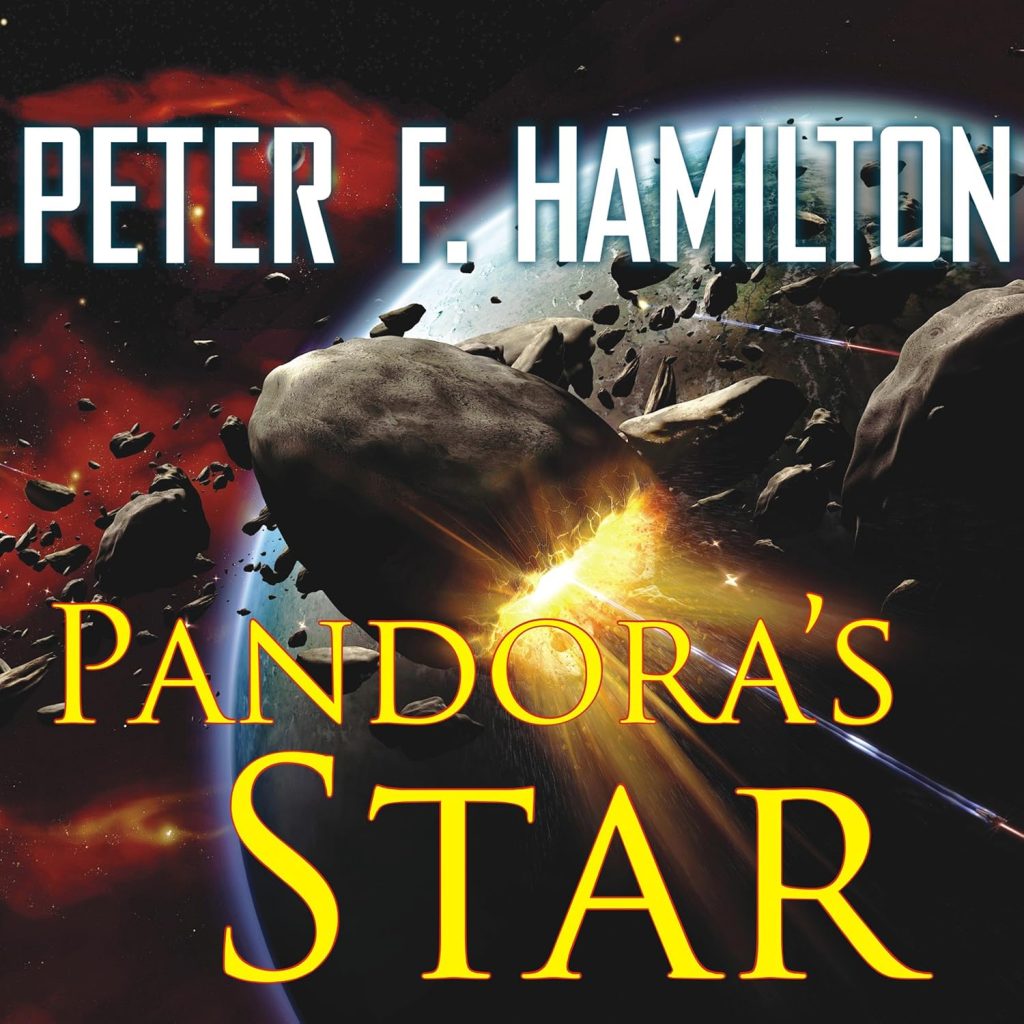
4. Pandora’s Star by Peter F. Hamilton
Peter F. Hamilton’s Pandora’s Star and its sequel Judas Unchained are quintessential space operas, packed with enormous world-building, memorable alien species, and a vast array of characters. Known for its intricate plotting and detailed settings, this duology captures the grandeur of space exploration while intertwining political intrigue and human ambition.
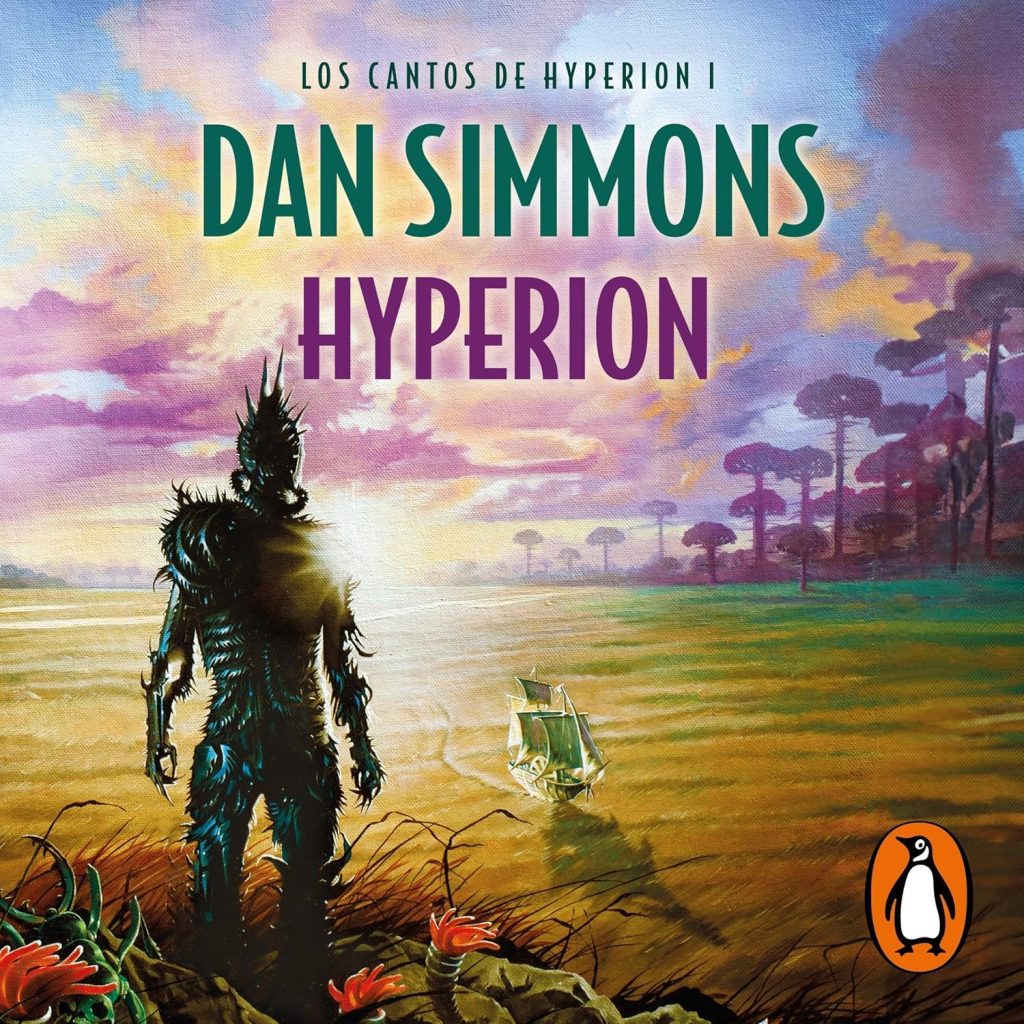
5. Hyperion by Dan Simmons
Hyperion is often hailed as one of the greatest science fiction works of all time. Blending science fiction with literary homage, the novel borrows elements from John Keats’ poetry while telling a multi-faceted story about pilgrims traveling to meet a mysterious entity called the Shrike. The Hyperion series is both deeply poetic and expansive in its scope, with imaginative ideas and intricate characters.
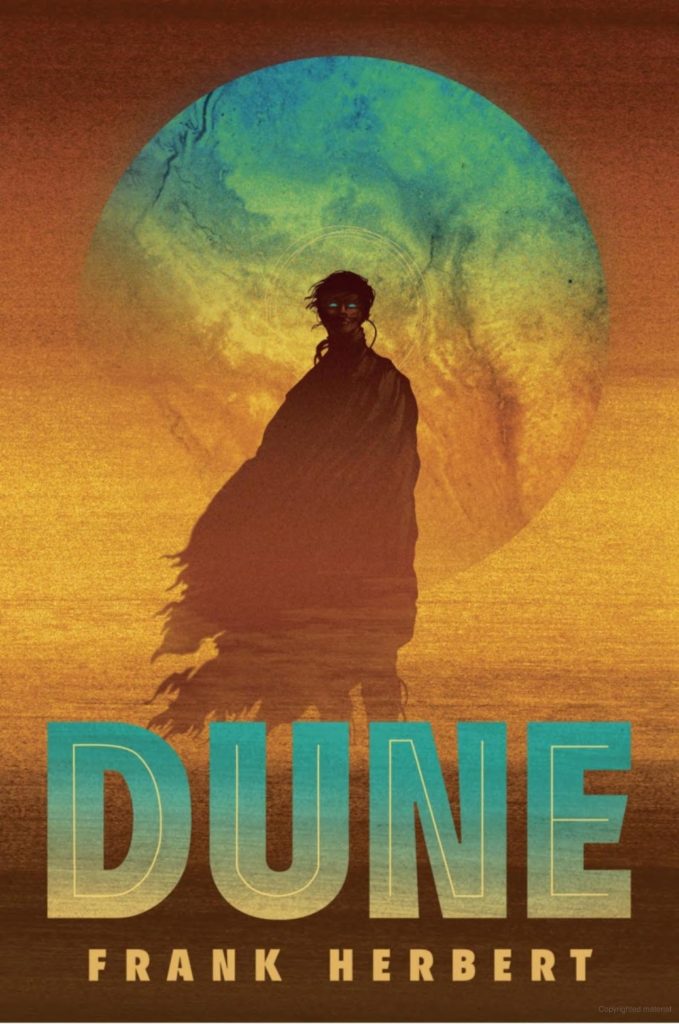
6. Dune by Frank Herbert
No list of science fiction greats is complete without Dune, Frank Herbert’s epic tale of politics, religion, and power set on the desert planet Arrakis. Known for its rich world-building and complex characters, Dune explores the delicate balance between nature, resources, and political power. While the first book stands on its own, many readers recommend at least continuing through the first trilogy.
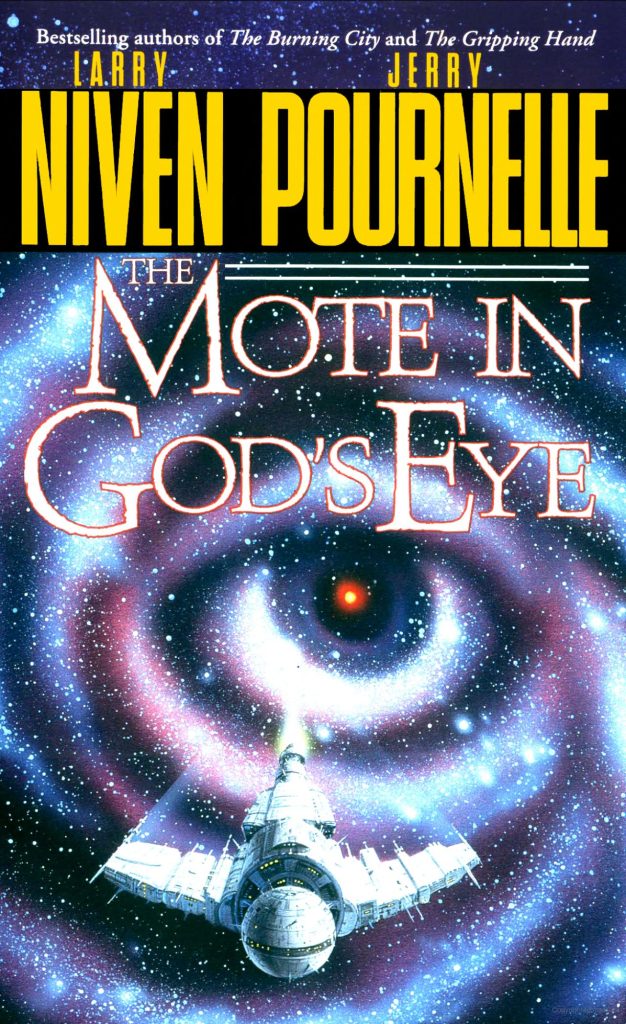
7. The Mote in God’s Eye by Larry Niven and Jerry Pournelle
Considered a classic of first-contact science fiction, The Mote in God’s Eye presents a deeply thought-provoking story about humanity’s encounter with an alien species that is at once advanced and tragic. The novel stands out for its realistic portrayal of space travel and the profound consequences of encountering intelligent life.
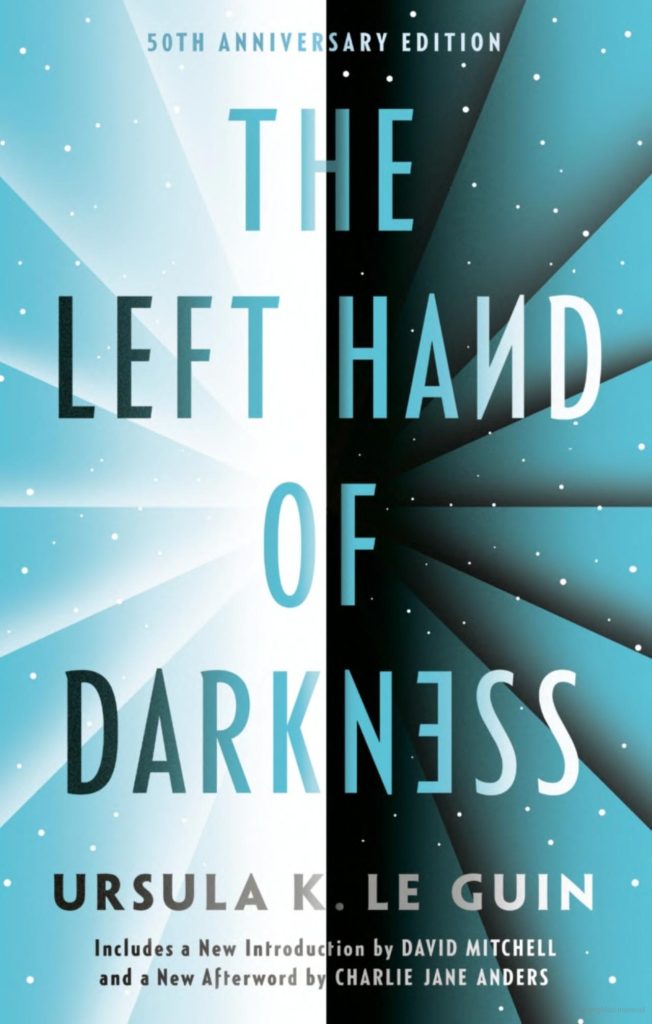
8. The Left Hand of Darkness by Ursula K. Le Guin
Ursula K. Le Guin’s The Left Hand of Darkness is a staple of both science fiction and feminist literature. Part of her Hainish Cycle, the novel is set on a planet where the inhabitants can change gender, challenging traditional views on gender and sexuality. Le Guin’s anthropological approach to science fiction makes this novel an essential read for anyone interested in the human condition and social issues.
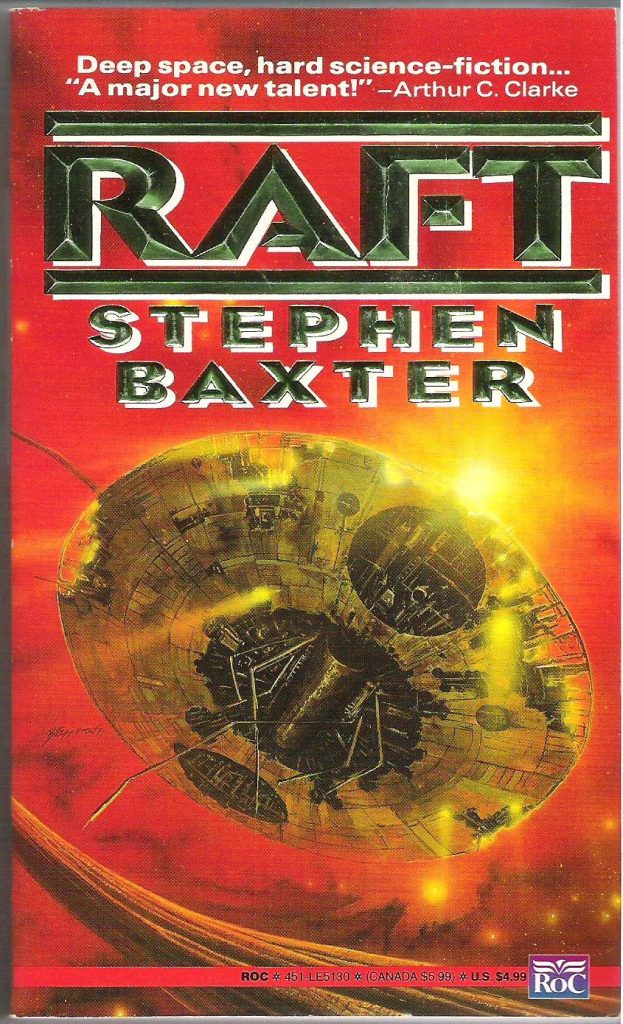
9. The Xeelee Sequence by Stephen Baxter
Stephen Baxter’s Xeelee Sequence offers some of the most ambitious storytelling in science fiction, exploring themes like the nature of time, the future of the universe, and the struggle for survival on a galactic scale. The series stands out for its intellectual depth and grand cosmic scope, making it a perfect fit for readers who enjoy thought experiments and hard science fiction.
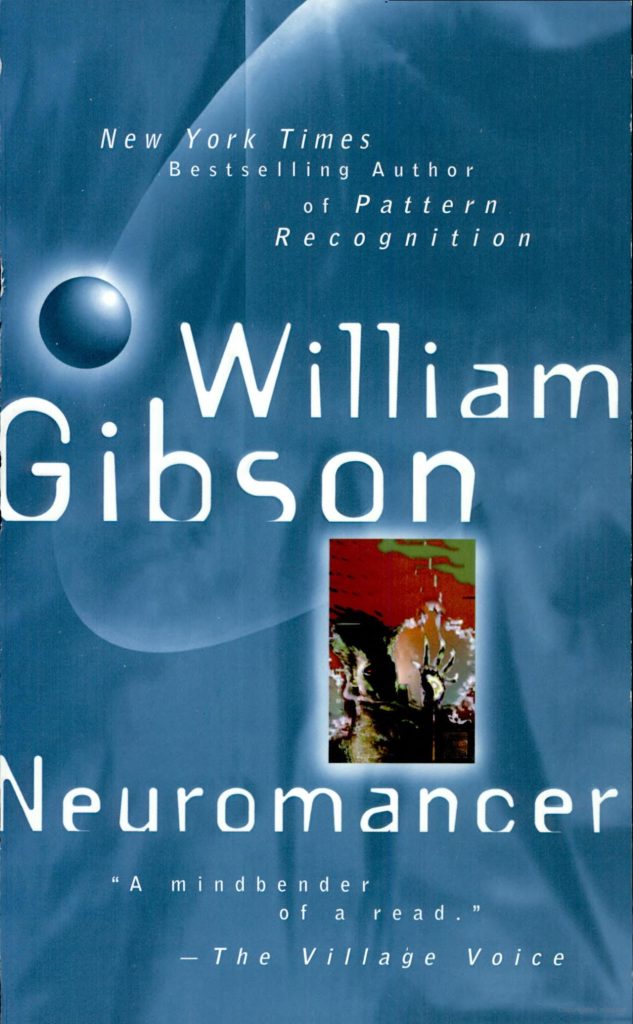
10. The Sprawl Trilogy by William Gibson
William Gibson’s Sprawl Trilogy, starting with Neuromancer, is widely credited with shaping the cyberpunk genre. In a dystopian future where corporations wield enormous power and virtual reality is intertwined with everyday life, the trilogy offers a prescient view of technology’s role in society. Gibson’s exploration of AI, cyberspace, and the blurred line between human and machine continues to resonate with readers in our increasingly digital world.
Whether you’re a fan of space opera, cyberpunk, or hard science fiction, these ten books represent the best the genre has to offer. From epic interstellar adventures to thought-provoking reflections on humanity, these works will transport you to distant worlds while leaving you with plenty to ponder.

